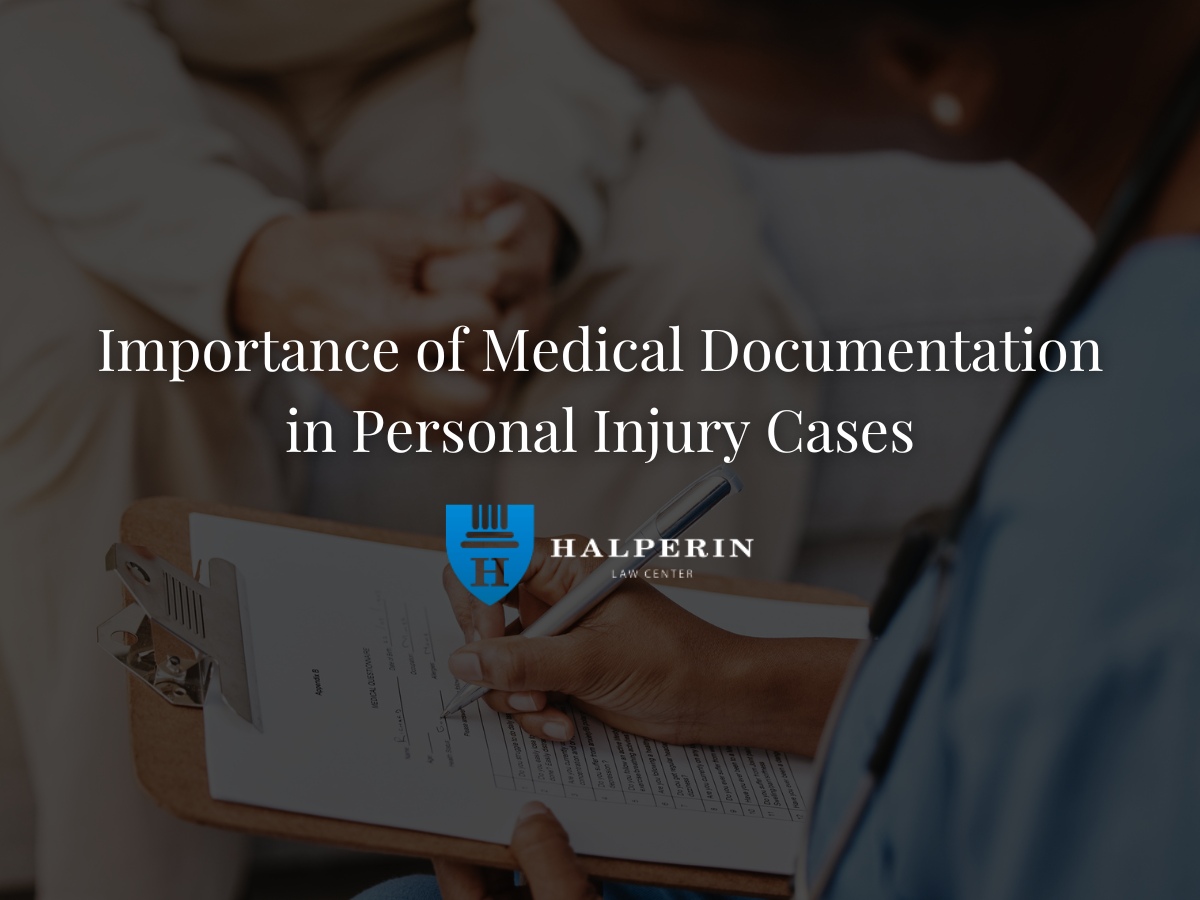In the aftermath of a personal injury, the road to recovery can be both physically and emotionally challenging. If your injury was caused by another party’s negligence, pursuing a personal injury claim can help you seek compensation for your medical expenses, lost wages, and physical injuries. To navigate this complex legal process successfully, thorough and accurate medical documentation is one of the most vital components. In this blog post, we’ll explore the importance of medical documentation in personal injury cases and how it plays a pivotal role in building a strong injury case.
Establishing Causation and Severity
Accurate medical documentation is essential in linking your injuries directly to the incident in question. It provides a clear chronological record of your medical treatments, procedures, and any diagnoses related to the accident. This documentation demonstrates the causal relationship between the accident and your injuries, which is crucial for determining the compensation you deserve.
Demonstrating Damages
Medical records and bills serve as tangible evidence of the physical, emotional, and financial toll your injuries have taken on your life. These records and bills can showcase the extent of your injuries, the treatments you’ve undergone, and the medical expenses you’ve incurred. This information is invaluable when calculating the damages you’re entitled to, including medical bills, future medical needs, lost wages, and pain and suffering.
Preventing Disputes and Inaccuracies
Medical documentation helps prevent disputes or inaccuracies regarding your injuries. Insurance companies may attempt to downplay the severity of your injuries or argue that they are not related to the incident. Comprehensive medical records provide a factual account of your injuries and the treatment you received, reducing the chances of disputes arising.
Professional Medical Opinion
Expert medical opinions can significantly strengthen your case. A qualified medical professional can review your medical records, assess your injuries, and provide an expert opinion on both causation and on the extent of your damages. This expert testimony can lend credibility to your claims and help the court better understand the impact of your injuries on your life. In some cases and in some courts, you may actually be required to have an expert in order to prove your damages.
Legal and Insurance Negotiations
Medical documentation is almost always referenced during negotiations with insurance companies and in the legal process. Insurance adjusters and opposing counsel will rely on medical records to evaluate the validity and value of your claim. Having comprehensive documentation can lead to fairer settlements and a more favorable outcome if your case goes to trial.
Accurate and comprehensive medical documentation is the backbone of a successful claim in personal injury cases. It substantiates your injuries, demonstrates their impact on your life, and provides a clear link between the accident and your damages. From establishing causation to calculating damages and negotiating settlements, medical documentation plays a pivotal role in achieving a favorable outcome in your personal injury case. Collaborating with an experienced personal injury attorney who understands the significance of these records can significantly increase your chances of receiving the compensation you deserve. Reach out to The Halperin Law Center today to discuss your case!




